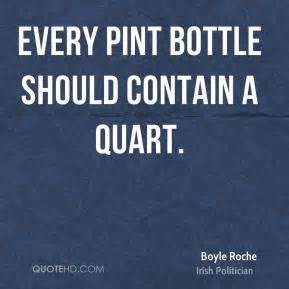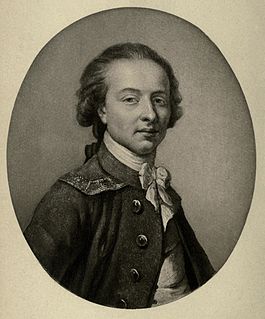A Quote by Horace
Many brave men lived before Agamemnon; but, all unwept and unknown, are lost in the distant night, since they are without a divine poet (to chronicle their deeds).
Related Quotes
Herodotus is not more indisputably the father of history than is Sir Boyle Roche the father of Bulls. No doubt there were makers of bulls before his day, even as brave men lived before Agamemnon; but they are not remembered, and if their bulls have survived them they are credited to Sir Boyle by a posterity generously forgiving and forgetful of his famous indictment.
Antagoras the poet was boiling a conger, and Antigonus, coming behind him as he was stirring his skillet, said, "Do you think, Antagoras, that Homer boiled congers when he wrote the deeds of Agamemnon?" Antagoras replied, "Do you think, O king, that Agamemnon, when he did such exploits, was a peeping in his army to see who boiled congers?
There are no brave men and cowardly men in the world, my son. There are only brave men. To be born, to live, to die—that takes courage enough in itself, and more than enough. We are all brave men and we are all afraid, and what the world calls a brave man, he too is brave and afraid like the all rest of us. Only he is brave for five minutes longer.
Though it is possible to utter words only with the intention to fulfill the will of God, it is very difficult not to think about the impression which they will produce on men and not to form them accordingly. But deeds you can do quite unknown to men, only for God. And such deeds are the greatest joy that a man can experience.
Remember, too, every day, and whenever you can, repeat to yourself, Lord, have mercy on all who appear before Thee today. For every hour and every moment thousands of men leave life on this earth, and their souls appear before God. And how many of them depart in solitude, unknown, sad, dejected that no one mourns for them or even knows whether they have lived or not!
The soldier is convinced that a certain indefinitely extendable time period is accorded him before he is killed, the burglar before he is caught, men in general, before they must die. That is the amulet which preserves individuals — and sometimes populations — not from danger, but from the fear of danger, in reality from the belief in danger, which in some cases allows them to brave it without being brave. Such a confidence, just as unfounded, supports the lover who counts on a reconciliation, a letter.
I've crossed these sands many times," said one of the camel drivers one night. "But the desert is so huge, and the horizons so distant, that they make a person feel small, and as if he should remain silent." The boy understood intuitively what he meant, even without ever having set foot in the desert before. Whenever he saw the sea, or a fire, he fell silent, impressed by their elemental force.
One of the appeals of William Carlos Williams to me is that he was many different kinds of poet. He tried out many different forms in his own way of, more or less, formlessness. He was also a poet who could be - he was a love poet, he was a poet of the natural order and he was also a political poet.






































